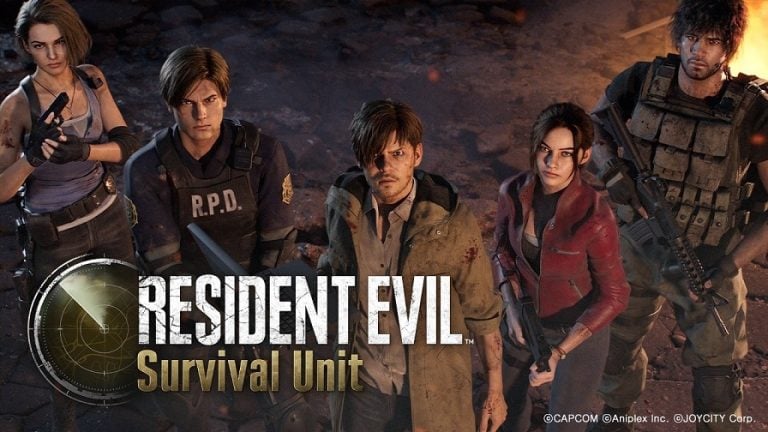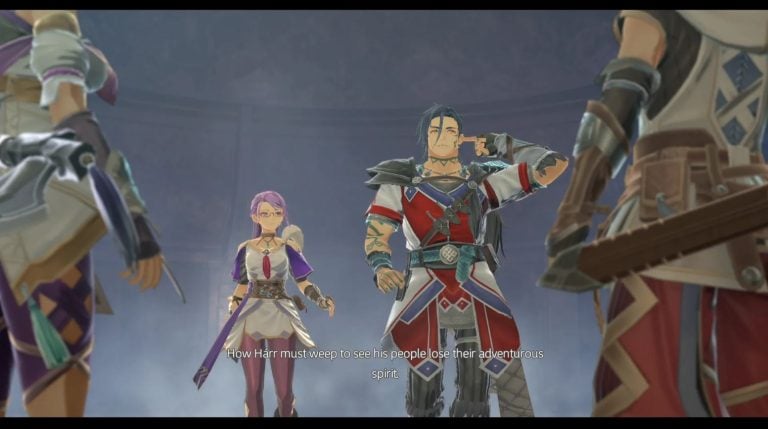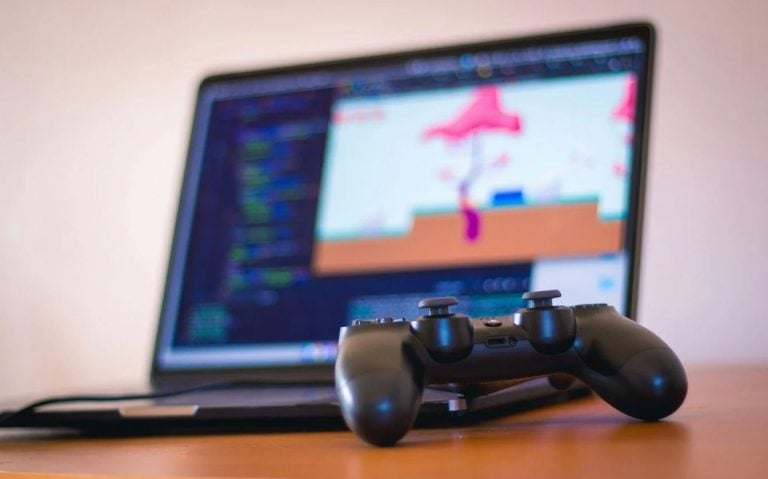Written by. Nick Mosier based on the original Japanese article (original article’s publication date: 2022-06-20 18:30 JST)
Japanese game translator Yosei Muto recently took to Twitter to discuss the importance of LQA in the game development process. The series of tweets drew responses from game developers, translators, and others who are informed about the industry.
Muto is an English to Japanese translator who has worked on localizing numerous games such as Gone Home and Va-11 Hall-A into Japanese. On June 17 (JST), Muto shared some thoughts about a part of the localization process called LQA or Linguistic Quality Assurance on their personal Twitter account and stated just how important the process is from the perspective of translators.
According to Muto, the tweets were prompted by a discussion with Kakehashi Games that was recently uploaded to Muto’s YouTube channel. The discussion was divided into two parts (Part 1/Part 2) and features Yoriko Kuwahara from Kakehashi Games, a business that supports western developers and publishers trying to release games in Japan.
In the video the two discuss the Japanese localization of Trek to Yomi, which Kuwahara was in charge of editing, and touch on topics like quality of localization and the strict budgets some indie developers have to work with when it comes to localization. It’s with this discussion in mind that Muto appears to have made their tweets.
What is LQA?
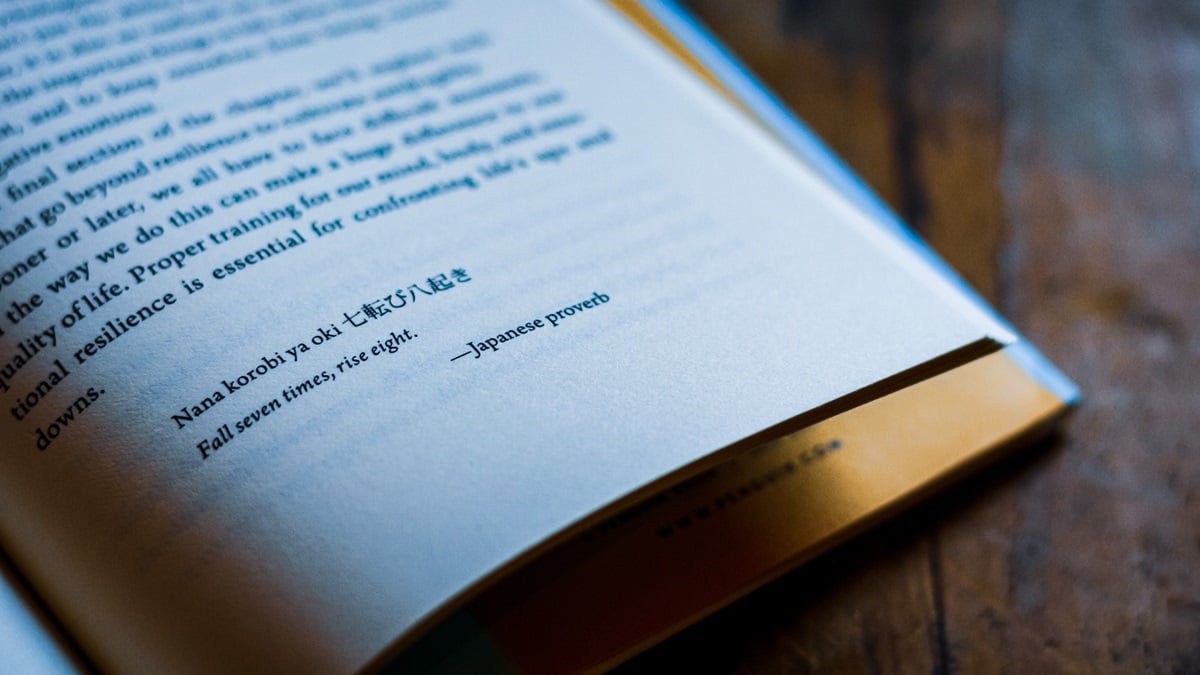
First let’s look at what kind of process LQA is. For example, to localize a game with English text for a release in Japan, a translator will translate the original text into Japanese. LQA is the process of checking that translation within the game itself, which means implementing the translated text into the game and having native speakers play it. In the case of Japanese, it means making sure the game is playable in Japanese without issues or giving feedback to the developers if there happen to be problems.
Muto even goes as far as to say, “I don’t really want to put my name out there for titles I didn’t perform LQA on.” Muto goes on to explain, “If you don’t do LQA on a title then you have no idea how it turns out.” When putting the finishing touches on a localization, there are likely errors and points of improvement that can only be found through LQA. By not doing this yourself, you ultimately don’t have control over the quality of the end product. This is likely the reason why Muto is hesitant about putting their name out there as the translator responsible for a game without performing LQA themselves.
What happens when you cut LQA?

One reason LQA is considered so important is because just by implementing the text a number of potential problems can occur. With English and Japanese, even for text that carry the same meaning, things like the number of characters, the size of characters and letters across different languages, and suitable fonts can change. This can lead to narrow spacing in a text window causing text to overlap, text to appear outside of text windows, or text to not be displayed at all because of unsuitable fonts.
On top of that, there can be mismatches between a character and their tone or text strings embedded in the game’s code that get overlooked during translation. These sorts of issues can be hard to detect unless you actually play the game itself. Cutting LQA can potentially lead to a game shipping to players with these issues intact. There are also cases where text is adjusted to better match the gameplay during the LQA process. In other words, LQA isn’t just about fixing errors, but improving the overall user experience around text in a game.
Other English to Japanese translators chimed in as well supporting the importance of LQA. Yuta Kurosawa who was involved in projects like Katana ZERO, Nobody Saves the World, and Blasphemous tweeted, “I often drastically change translated text during the LQA process.” According to Kurosawa, the impression from English and Japanese text side by side compared to actually seeing the translation implemented in a game is different. Without being able to check it in the game, the text can’t be adjusted to match the scene and the intended tone.
Ryu Ito who worked on titles such as Salt and Sanctuary and Hollow Knight added, “I’m the type to make tons of changes during the LQA process,” further backing up Muta’s claim. Ito also gave their thoughts on the difficulties developers have securing LQA budgets and why the practice hasn’t permeated through the industry.
Yamanaka, the chief manager from Active Gaming Media’s publishing brand PLAYISM, also agreed with Muta’s assessment about LQA. Yamanaka explained that when PLAYISM begins the localization process, they check with the developer about debug features and sometimes even ask that features for assisting with LQA be implemented. That goes to show just how a smooth LQA process is directly connected to a quality localization. Yamanaka continued by asking translators what sorts of features they think would be handy to have for LQA.
*Disclosure: Active Gaming Media is also the owner of this website.
Why LQA isn’t implemented
However, there are still cases where games don’t go through LQA despite its importance being touted by experienced industry figures, with Muta mentioning in their tweets that there are developers that can’t afford to go through LQA due to financial reasons.
The tweets also received responses from the developers’ side. Solo developer intheriver from Miyako Publishing who has made games such as Penguin’s Dogma and Haru to Shura said not doing LQA can come down to budget issues. intheriver also said they have experience doing LQA on their own games because of budget. Muta agreed saying there are cases where small developers just don’t have the money for it.
What other factors can play into not performing LQA on a game? PLAYISM’s chief manager Yamanaka helped illuminate the subject for us. There are some hurdles involved in the LQA process. First, a playable test version of the game in the target language has to be made. In the case of English text being localized into Japanese, that means a version of the game with the translated Japanese text. But for developers not used to dealing with localization, this alone can be a big obstacle. There are also cases where getting a game to display Japanese can further extend development time and hamper the LQA process.
Yamanaka also brings up how the developers can have a hard time understanding the increase in quality LQA brings. If you don’t understand the target language, you can’t directly comprehend the increase in quality making it just seem like an added cost. This leads to cases where developers don’t recognize the value of LQA and cut it due to thinking it’s a wasted expense. It’s also difficult to know if sales of a game will recoup the cost of LQA, so sometimes it’s cut as a business decision even if it’s considered important.
Acknowledging LQA
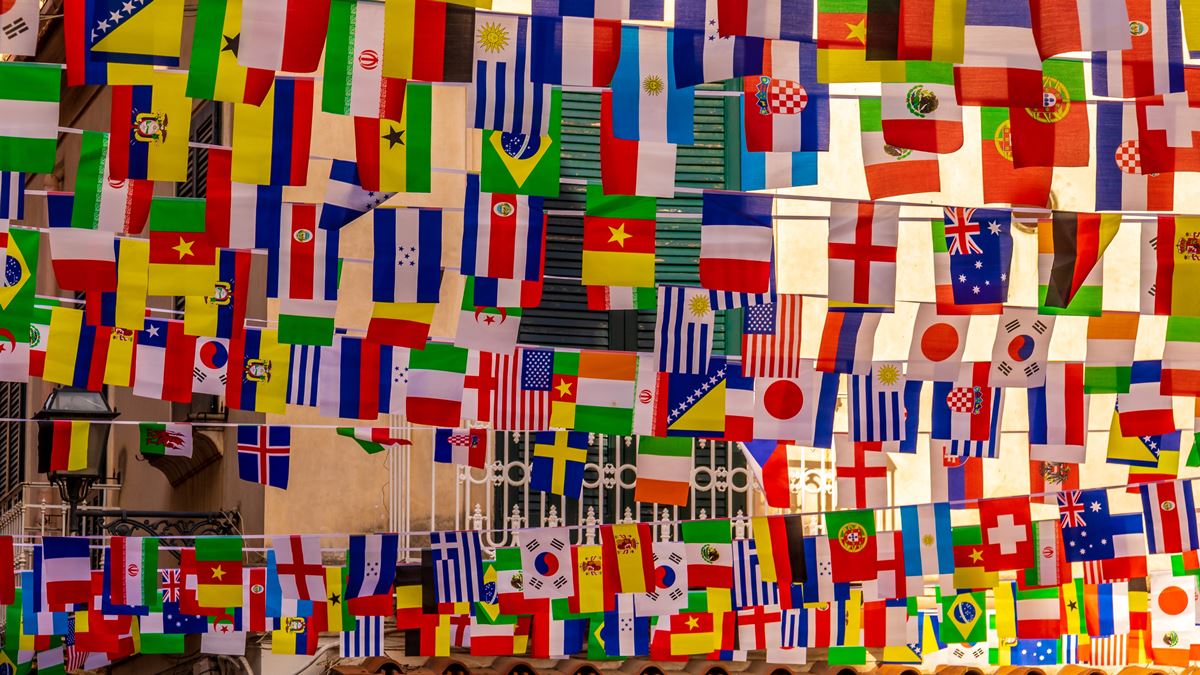
As we can see from those in the industry, LQA is an extremely important process when it comes to the quality of a translation. As demand for games to support multiple languages increases, so does the importance of localizations from experts in the field. It’s the last push a game needs as it crosses over language barriers.
Perhaps the benefits of LQA can best be summarized by bringing up Salt and Sanctuary again. Ryu Ito mentioned that the Japanese version initially came out with a machine translation but was able to greatly extend its sales after getting a fresh localization from Kakehashi Games. Despite the game already making a name for itself, there were still merits to improving the translation. But in the end, those who benefit the most from LQA are the players themselves.



